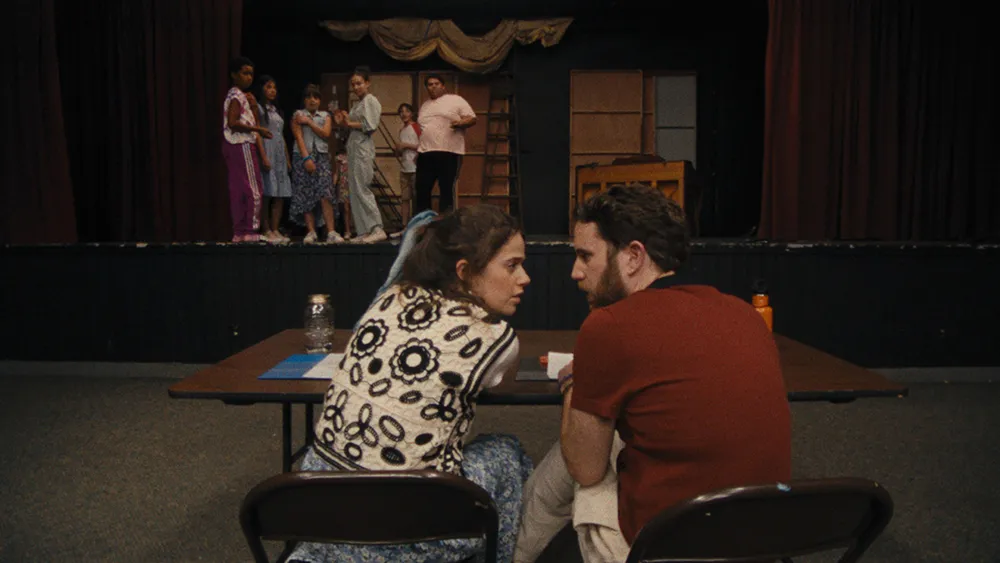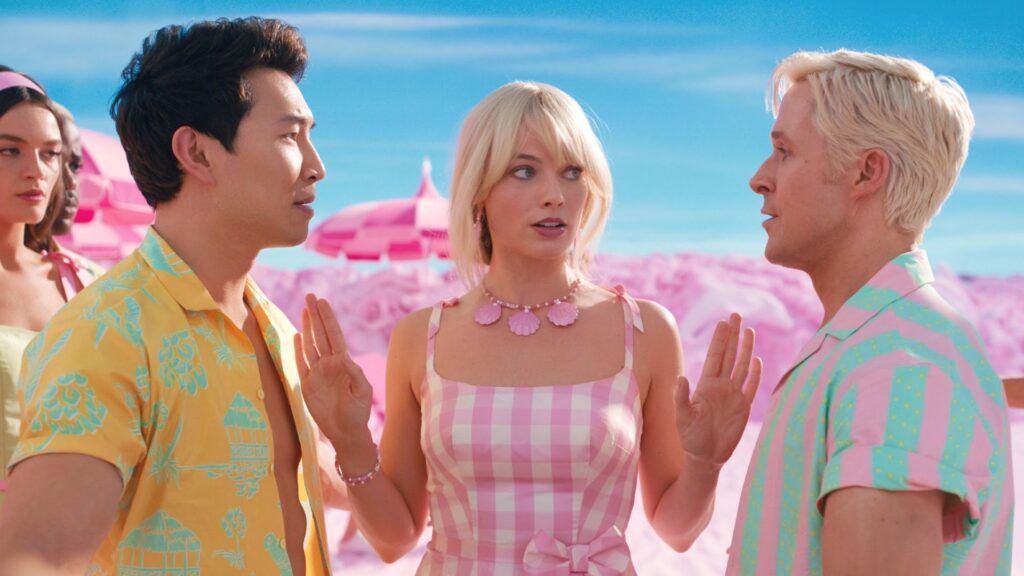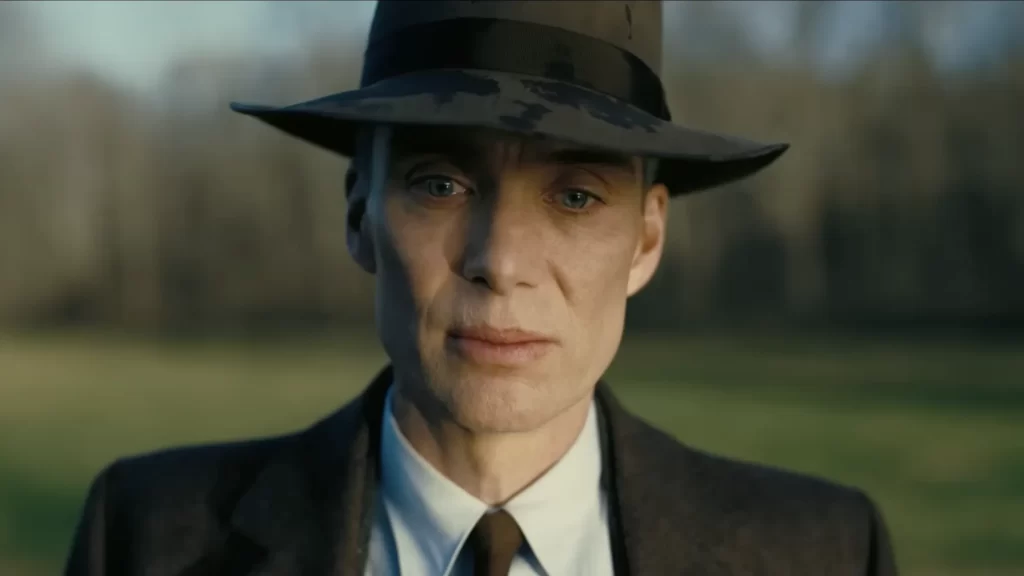Theater Camp: The Woe Must Go On

We always mock theater kids, but what about theater grown-ups? Surely these hopeless children—these dorks who walk around quoting Rent and hogging spotlights and mystifying everyone outside their own tragic clique—weren’t born as social misfits. Someone made them this way.
Theater Camp, the spry and winning new comedy directed by Molly Gordon and Nick Lieberman, gently considers the guileless monsters responsible for our ongoing national nightmare of dramaturgical enthusiasm. It posits, with persuasive clarity and disturbing specificity, that passion for the performing arts is an inherited phenomenon—a disease passed down not through genetic material but via seasonal exhortations from the similarly afflicted. You know the saying: Those who can’t get into Juilliard teach how to obsess about getting into Juilliard. Read More




